Do You Have to Use a CPAP Machine for Sleep Apnea?
ShareBeing diagnosed with sleep apnea isn't fun for anyone. Knowing that your life could be in danger whenever you go to sleep is downright frightening, but thankfully, there are ways you can mitigate the risk. However, you may not be happy with the most common solution, which is a CPAP machine. Here's what you should do if you're looking for a way to protect your airway without strapping on a CPAP every night.
1. Understand What a CPAP Does
CPAP machines are very good at what they do, but they come with the negative side effects of being noisy and even creating a bit of a breeze in the area the machine is kept in. The CPAP machine works by forcing the airway to stay open with pressurized air. Air flows through the machine all night, and the pressure pushes the airway open even when it would otherwise collapse.
2. Consider the Alternative: Sleep Apnea Devices
While CPAP is one potential solution for you, there's another that's noiseless, windless, and can potentially help just as well. The solution's source might surprise you: it'll be coming from a dentist's office.
Dentists can produce an appliance called a sleep apnea device that helps to keep your airway without any of the muss and fuss of a CPAP machine. They're particularly helpful because they let partners sleep without disturbance and they can be used in situations where electricity isn't available, like during a camping trip or during a power outage.
3. Learn How Sleep Apnea Devices Work
Sleep apnea devices work a little differently from CPAP machines. Instead of utilizing pressure to keep the airway open, they use simple stretching techniques. Sleep apnea devices look a lot like orthodontic retainers. A bottom lower tray is fitted to your teeth, and that creates a mold that will allow your dentist to create a perfect replica of your teeth. Once the device is formed, a spring-like hinge is put on the two ends where it meets, right where your jaw naturally opens and closes.
This hinge slightly pulls your lower jaw forward when you put the device on. This opens up your airway and keeps it that way all night just through simple tension.
Although not everyone will qualify for sleep apnea devices, it's a great idea to ask your dentist about one. They'll consult with your general physician to find out if you're a good fit for various sleep apnea treatment options. If you are, you can say goodbye to CPAP machines forever.

